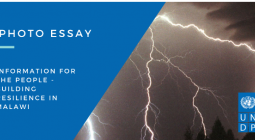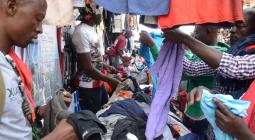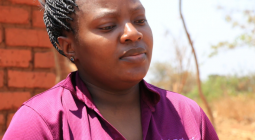Malawi benefits from Scotland's climate fund - President Chakwera
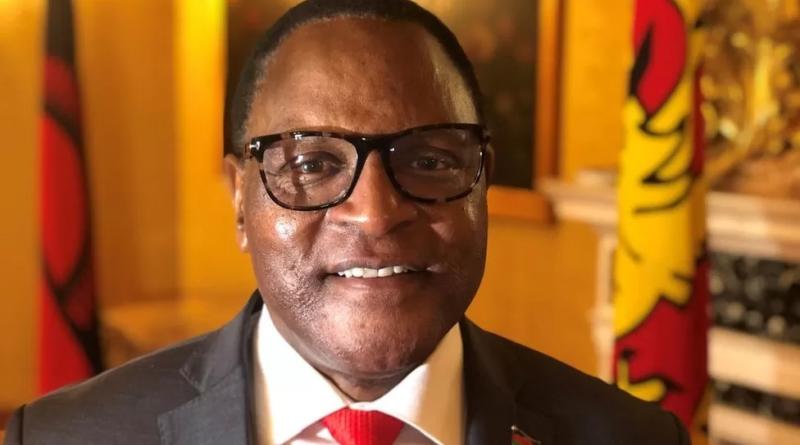
Malawi's President Lazarus Chakwera says a Scottish fund for poor countries hit by climate change should be a prototype for the whole world.
The Scottish government announced in 2021 that it would begin funding so-called "loss and damage" projects.
After much wrangling, world leaders followed Scotland's lead at last year's UN climate summit in Egypt.
Mr Chakwera said the small Scottish fund has already made a significant difference in 10 areas.
A quarter of the £2m ($2.4m) allocated for this year is being spent in Malawi, which has long-established ties with Scotland.
A further £5m is being made available from April.
In a BBC interview, Mr Chakwera said: "It has made huge differences in the people and their livelihoods because they are given a hand up, so the resilience we talk about becomes a practical issue."
He added that what Scotland is already doing is what everybody else needs to be doing.
Describing the money as aid is wrong, he insisted, saying it should instead be seen as countries taking responsibility for climate change together.
Loss and damage refers to the impacts caused by climate change such as increasing storms and more destructive weather patterns.
In Malawi's Zomba region, the Scottish government money is being used to rebuild parts of a seven-kilometre (four-mile) flood embankment on the Phalombe River which was breached by storms last year in 10 places.
Further south, new flood defences are being built in the village of Mambundungu where the village was relocated to higher ground to avoid flooding but was then hit by a deluge running off the hills.
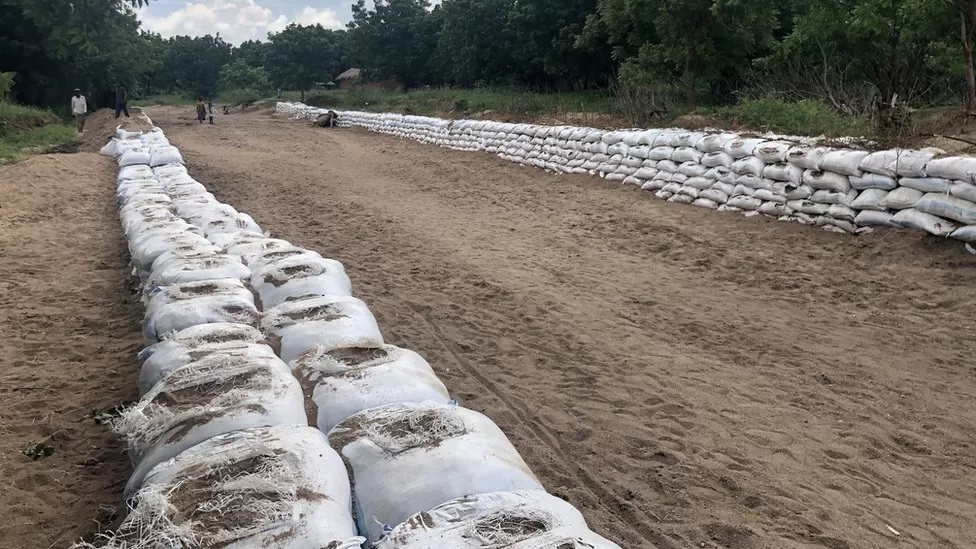
Developing countries have argued for decades that richer nations should pay for climate-related damage which they did not cause.
But fearing a wave of litigation claims, Western countries have resisted it.
Last year a tropical storm followed quickly by a cyclone displaced hundreds of thousands in Malawi, Mozambique and Madagascar.
Mr Chakwera believes that vulnerable countries like Malawi would feel better supported if the Scottish model was replicated by other countries.
"This fight belongs to all of us and I believe that this example will serve as a prototype of what could happen."
Although world leaders agreed at COP27 in November to set up a "loss and damage" fund, the details have still to be finalised and it could be years before it is funded.
Poorer countries are still waiting for a promised £100bn of climate financing which was promised to be delivered by 2020.

